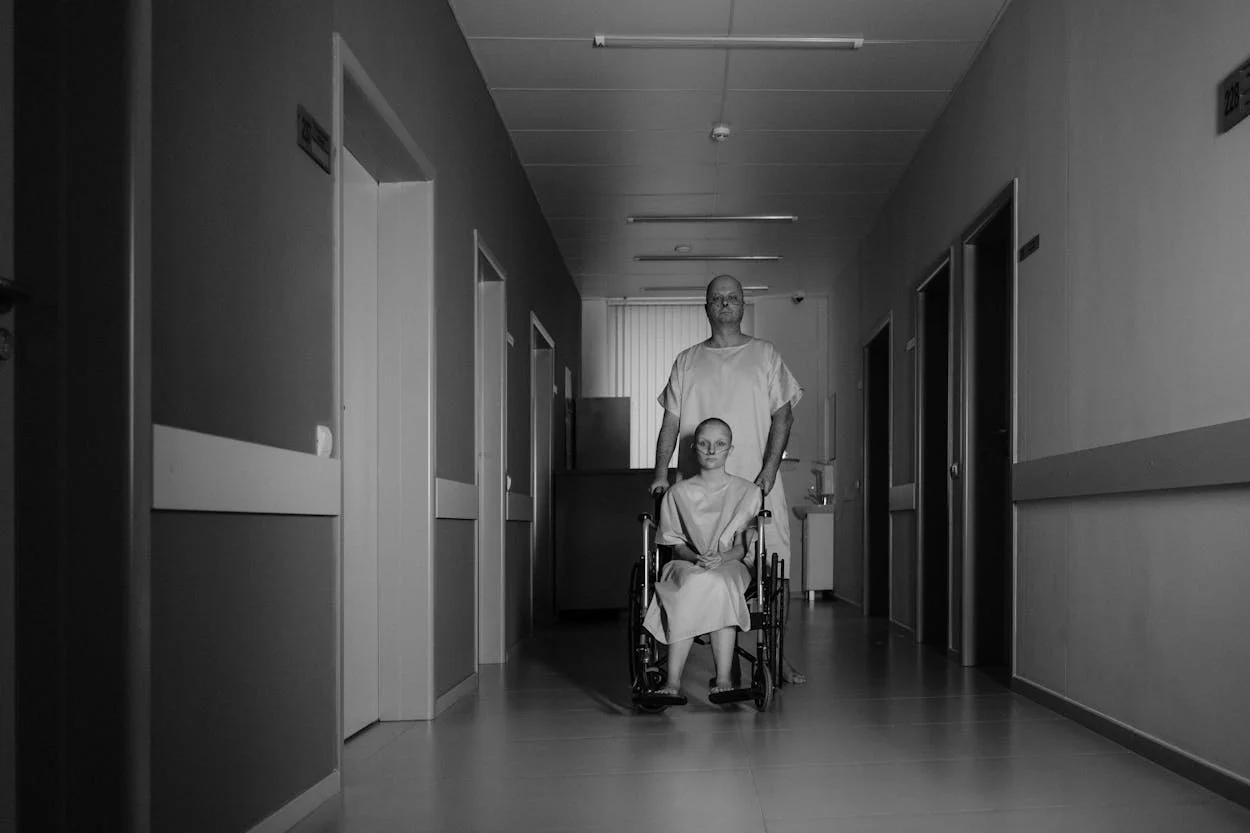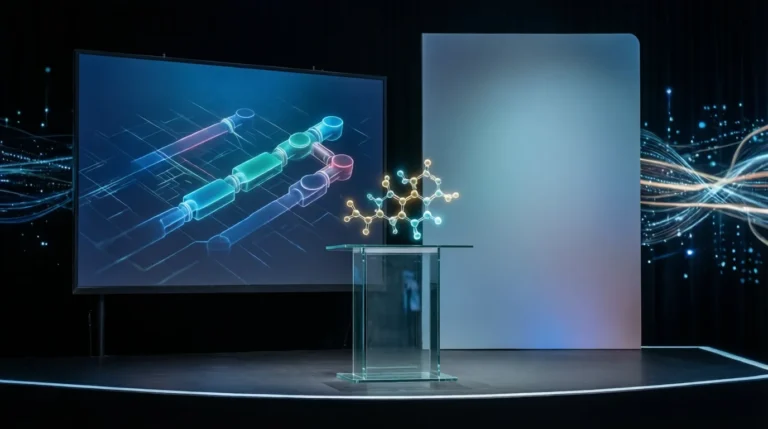
The U.S. Food and Drug Administration (FDA) has approved Sarclisa (isatuximab) in combination with bortezomib, lenalidomide, and dexamethasone (VRd) as a first-line treatment for adult patients with newly diagnosed multiple myeloma (NDMM) who are not eligible for autologous stem cell transplant (ASCT). This marks Sarclisa as the first anti-CD38 therapy shown to significantly decrease disease progression or mortality by 40% compared to VRd alone for these patients.
Dr. Thomas Martin, Clinical Professor of Medicine at the Helen Diller Family Comprehensive Cancer Center, University of California, San Francisco, highlighted the limited treatment options for older patients, who often face challenges due to age, frailty, and other health issues. He noted that the approval of the IMROZ regimen, which combines isatuximab with VRd, is a significant advancement for this vulnerable group and the broader multiple myeloma community.
This approval is Sarclisa’s third indication in the U.S. and its first for newly diagnosed patients. The FDA reviewed the application under Priority Review, a designation for drugs that show significant improvements in treatment efficacy or safety for serious conditions. Sarclisa is already approved in over 50 countries for the treatment of relapsed or refractory multiple myeloma.
Brian Foard, Executive Vice President at Sanofi, emphasized the company’s commitment to establishing Sarclisa as a leading treatment option, noting that this approval expands access to a therapy that can significantly slow disease progression in adults with NDMM who are not candidates for transplant.
The FDA’s decision is based on the IMROZ phase 3 study, recently presented at the 2024 American Society of Clinical Oncology (ASCO) annual meeting and published in The New England Journal of Medicine. This study is notable for being the first global phase 3 trial of an anti-CD38 monoclonal antibody in combination with VRd, demonstrating a substantial improvement in progression-free survival (PFS) compared to VRd alone.
In the IMROZ study, the combination of Sarclisa-VRd significantly reduced the risk of recurrence or death by 40% compared to VRd, with a median follow-up of 59.7 months. The median PFS was not reached for the Sarclisa-VRd group, compared to 54.3 months for VRd alone, with estimated PFS rates at 60 months of 63.2% versus 45.2%, respectively.
The study also showed promising secondary endpoint results, with 74.7% of Sarclisa-VRd patients achieving a complete response (CR) or better, compared to 64.1% in the VRd group. Moreover, 55.5% of patients in the Sarclisa-VRd cohort achieved MRD-negative CR, compared to 40.9% in the VRd group.
Safety profiles for Sarclisa were consistent with previous studies, with common adverse reactions including upper respiratory infections, diarrhea, and fatigue. Serious adverse reactions were reported in 71% of patients, with pneumonia being the most frequent. Treatment discontinuation due to adverse reactions occurred in 22.8% of patients on the Sarclisa regimen, compared to 26% in the control group.
Sanofi continues to advance Sarclisa through ongoing clinical studies and is exploring subcutaneous administration methods. Recently, Sarclisa was included in the National Comprehensive Cancer Network (NCCN®) Clinical Practice Guidelines for multiple myeloma as a preferred option for non-transplant candidates under 80 years old.
Sarclisa is a monoclonal antibody that targets the CD38 receptor on multiple myeloma cells, inducing tumor cell death through various mechanisms. It is already approved in multiple countries for relapsed refractory multiple myeloma and is being evaluated for other hematologic malignancies.
Sanofi remains dedicated to advancing Sarclisa and improving treatment for multiple myeloma, focusing on innovative approaches and expanding its patient-centric clinical development programs.





